An online symposium and the relaunch of “Trailblazer,” a book on Majek Fashek, take place today, June 1, marking the fifth anniversary of his passing. Okechukwu Uwaezuoke reports
In a remarkable convergence of tribute and reflection, the inaugural Majek Fashek: TRAILBLAZER! Annual Symposium – holding today (June 1) – coincides with the fifth anniversary of the trailblazing artist’s passing. Hosted by Nostalgiamedia & The WaZoBia+ Centre Canada, this groundbreaking gathering promises to deconstruct the complexities of stardom through the lens of Majek Fashek’s remarkable life and career. With the apt theme “Majek Fashek & The Challenges of Stardom,” the symposium is a fitting homage to an artist who shattered norms and pushed boundaries. The relaunched second edition of Trailblazer, a captivating chronicle of Majek’s formative years and artistic journey, adds depth to this celebration. This dual commemoration of the artist’s legacy underscores his lasting influence on the music world.
Majek Fashek’s story is a timeless tale of artistic triumph and enduring legacy. This captivating 154-page volume, originally published in 1989, whisks readers away on a journey through the artist’s formative years, his meteoric rise to fame, and the music that continues to inspire generations. With vivid storytelling and behind-the-scenes insights, the book offers a riveting glimpse into the experiences that forged Majek’s artistic brilliance. As the symposium and book relaunch converge, fans and scholars are invited to come together and reignite conversations about the musician’s profound impact on the music world, celebrating a legacy that remains as relevant today as it was decades ago.
That this online event, which shines a spotlight on one of Nigeria’s most brilliant stars, is impossible to ignore shouldn’t surprise any cultural cognoscenti. This explains why it boasts an impressive lineup of speakers, including Tony Onyima, the distinguished writer who penned the book’s foreword. The veteran journalist aptly describes the book as “a call to arms for arts journalists and cultural commentators,” underscoring its purpose to fill a long-standing documentation gap and shed new light on Majek’s enduring legacy. In a compelling argument, he writes, “We must go beyond surface-level reporting and begin producing biographies, anthologies, and serious works on the arts. The terrain is vast, and the need is urgent.”
As a fitting tribute to one of Nigeria’s iconic musicians, this online event shines a spotlight on Majek Fashek’s enduring legacy, making it a must-attend for anyone with a pulse on the cultural scene. Featuring an all-star lineup of speakers, including the inimitable musician Dede Mabiaku and distinguished former journalist Tony Onyima, the event promises to be a thought-provoking exploration of the book that Onyima aptly describes as “a call to arms for arts journalists and cultural commentators.” His assertion that “we must go beyond surface-level reporting and begin producing biographies, anthologies, and serious works on the arts” is a compelling argument that underscores the book’s mission to fill a glaring documentation gap and shed new light on Majek’s impact. With the terrain vast and the need urgent, this event is a timely and necessary conversation starter.
This book, as an invaluable resource material, sets the record straight on several notable inaccuracies that have long surrounded Majek Fashek’s life. With painstaking attention to detail, the author confirms Majek’s birthday as February 7, laying to rest the oft-quoted March 7, 1963. The book also corrects a longstanding misconception about Fela Anikulapo-Kuti gifting Majek his first guitar, revealing instead that it was Dr. Iyamu, Fela’s uncle, who presented the instrument to a young Majek. This fact is corroborated by Majek’s mother, Madam Grace Ighodan, collaborator Amos McRoy Osifo, and Majek himself, buttressing the importance of thorough research. As the author – in a poignant reminder of the power of authentic storytelling – astutely notes, “Now, you see why I started the campaign about 40 years ago for having people tell their own stories themselves, or have those trained to do so, help them tell their stories?”
When Adewusi first mulled the idea of writing about Majek Fashek, some of his friends and acquaintances deemed the endeavour premature, given the fact that the artist had only released one LP, Prisoner of Conscience, at the time. The proposed book – which, according to his account, was alluded to as an “autobiography”, although it might more accurately be described as a biography – was rather driven by the seismic impact of Majek Fashek’s music and electrifying stage presence on the Nigerian music scene. Hence , he sought to capture the essence of the artist’s influence.
Nonetheless, the book interweaves the threads of Majek Fashek’s remarkable life, despite rejecting the traditional biography label. Readers learn that his father, Emmanuel Fasheke, a devoted educationist, journeyed from the rolling hills of Oke-Iyin in Ilesha, Osun State, to the vibrant city of Benin, where he met his mother, the indomitable Grace Ighodan. But it is Majek’s own story that is truly captivating: born with a wild tangle of dreadlocks, a symbol of spiritual significance in many Nigerian cultures. His mother shares a fascinating anecdote: at just five months old, Majek’s head would sway rhythmically, as if keeping time to an unheard melody – a sign, she believed, that her child was destined for a musical calling. This conviction was reinforced by Majek’s elder brother, Joe Fabro Iwobi, who cautioned against shaving off the dreadlocks, seeing them as a badge of honour, a sign that the young musician was chosen for a higher purpose. The parallels with biblical figures like Samson and John the Baptist are striking, underscoring the notion that Majek’s dreadlocks were more than just a hairstyle – they were a symbol of his divine calling.
Beyond the spotlight, Majek Fashek’s life story is a kaleidoscope of multifaceted talents and experiences. As a schoolboy, he excelled in sports, excelling in judo and karate. However, his life was not without challenges, and at just 11 years old, Majek lost his father, a pivotal figure in his life. Despite this, music remained his true north. From his early days with RAMS, which later evolved into JAHSTIX, a name reflecting their spiritual roots, to his role as artiste manager at Tabansi Records, Majek’s journey was marked by creativity and perseverance. His association with Aib Igiehon played a significant role in shaping his career. On stage, Majek was a force to be reckoned with, delivering performances that left audiences spellbound. What’s remarkable is that in a relatively short span, he performed more times than many of his contemporaries and even some veterans in the industry. Majek’s secret lies not just in his talent, but in his devotion to the message he conveys through his music. As he notes, “Religion is a group thing, but everyone has a conscience, free or bound. My music appeals to people’s conscience…” For Majek, it wasn’t just about the music; it was about tapping into the deeper human experience, and it was this authenticity that has resonated with his audience.
This captivating book is a must-read for music enthusiasts, reggae aficionados, and anyone drawn to the rich cultural heritage of Nigeria and Africa, whatever may be its flaws. With its easy-to-read narrative style, it is a treasure trove for students of history, aspiring artists, and fans of authentic storytelling. It also offers a glimpse into the heart of a musical revolution, chronicling Majek Fashek’s extraordinary journey where faith, artistry, and fame intersect in powerful ways. With unflinching honesty and bold storytelling, it captures the unbridled energy and creativity of a true legend. The story should resonate deeply with lifelong fans and proselytes alike.



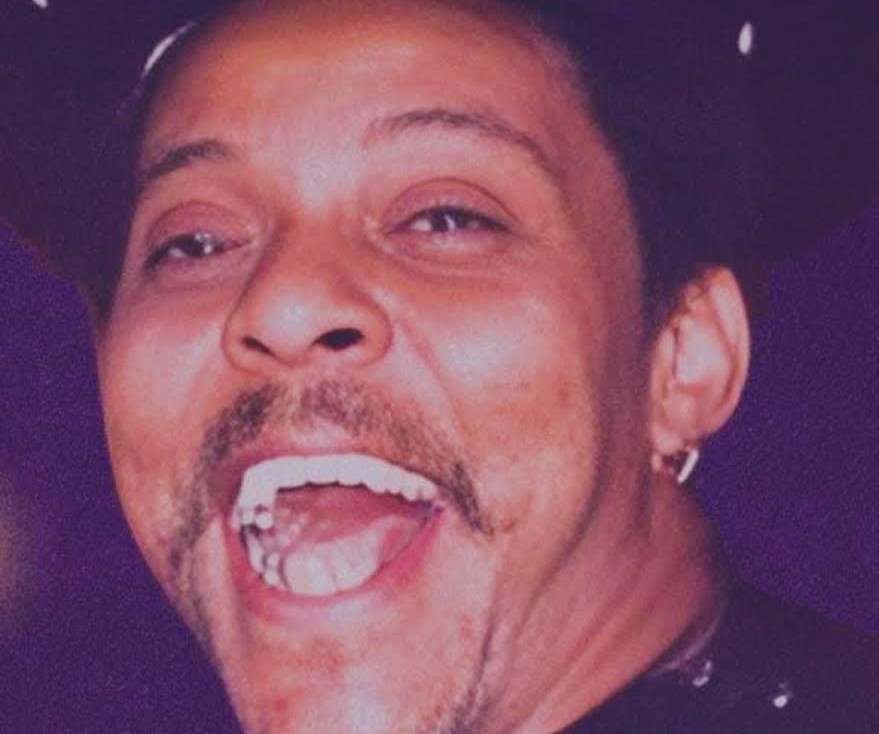




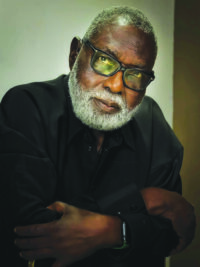

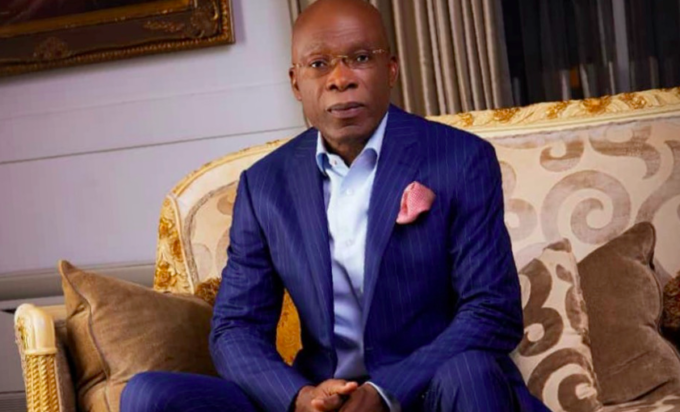

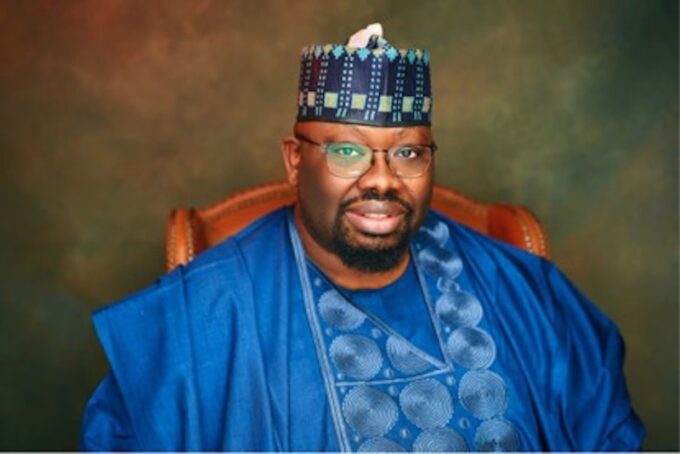


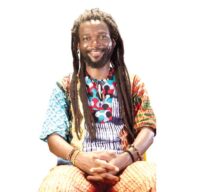
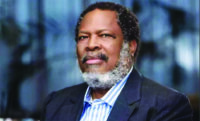
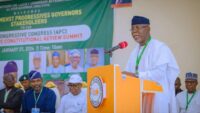
Leave a comment